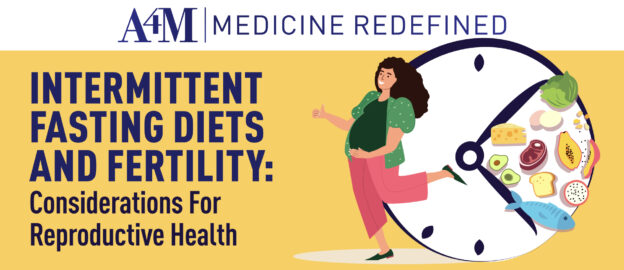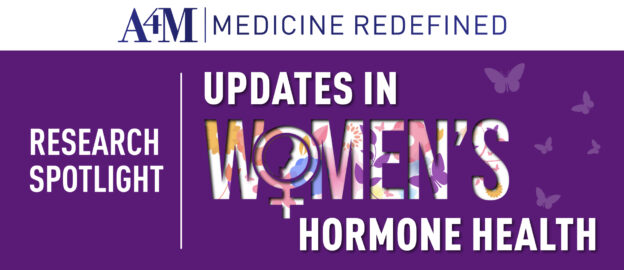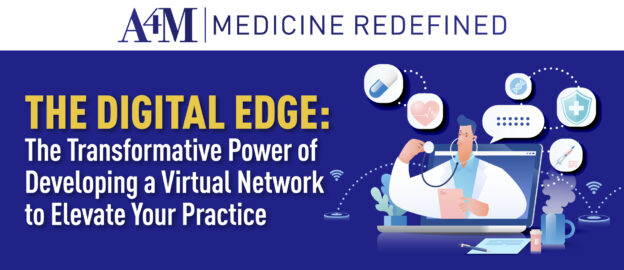The exponentially popular dietary trend of time-restricted eating, also referred to as intermittent fasting (IF), is viewed as much more than a weight loss intervention; IF has surged in popularity over recent years due to its potential health, anti-aging and longevity, and overall well-being benefits.
Evidence-based health benefits of fasting diets include improved cellular repair, gene expression, and metabolic rate; reduced insulin resistance, oxidative stress, inflammatory markers, and blood glucose levels. Some studies have even suggested that IF may boost fertility.
However, emerging evidence suggests that the risks associated with this type of nutritional pattern may greatly outweigh the benefits in specific populations, particularly those attempting to conceive.



